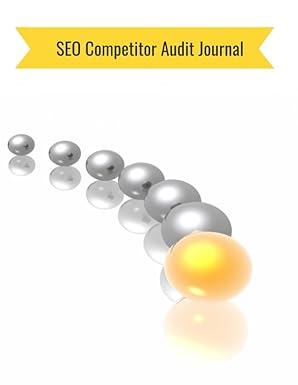Question
10. An auditor uses analytical procedures, rather than a detail test, in testing interest expense. This is referred to as a: a. Rationalization test. b.
10. An auditor uses analytical procedures, rather than a detail test, in testing interest expense. This is referred to as a: a. Rationalization test. b. Reasonableness test. c. Realizable test. d. Redundant test.
12. Checking extensions of sales quantity and unit prices [multiplications] on sales invoices is what type of evidence? a. Analytical review b. Confirmation c. Inspection of documents d. Recalculation e. None of the above
14. The auditor reviews the detail to the accounts receivable Account which has a general ledger balance of $100,000.
Detail Support
Customer Balance
A $70,000
B 40,000
C (30,000)
D 20,000
--------
Total $ 100,000
========
a. Type of evidence Scanning; Accounts receivable to be reported on balance Sheet $130,000. b. Type of evidence Scanning; Accounts receivable to be reported on balance Sheet $100,000.
c. Type of evidence Analytical Review; Accounts receivable to be reported on balance Sheet $130,000. d. Type of evidence Analytical Review; Accounts receivable to be reported on balance Sheet $100,000.
help 10 12 14
Step by Step Solution
There are 3 Steps involved in it
Step: 1

Get Instant Access to Expert-Tailored Solutions
See step-by-step solutions with expert insights and AI powered tools for academic success
Step: 2

Step: 3

Ace Your Homework with AI
Get the answers you need in no time with our AI-driven, step-by-step assistance
Get Started


